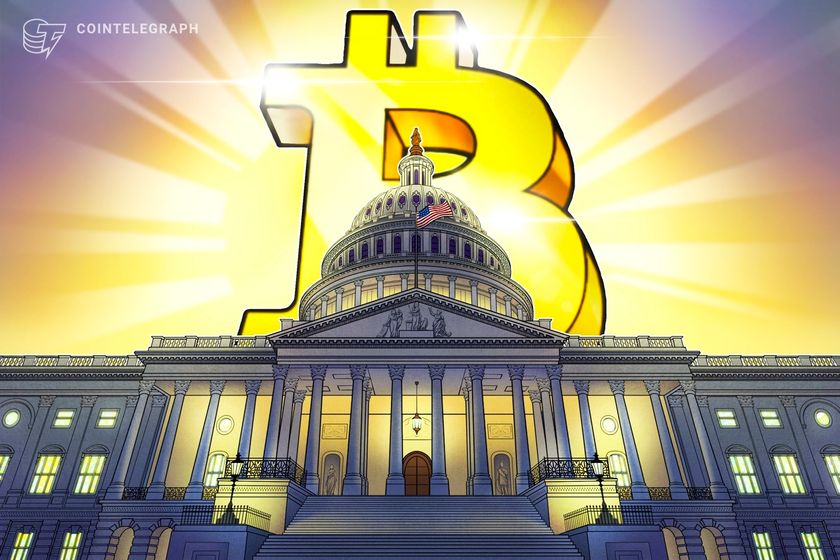Hong Kong police said the leaders of the JPEX crypto exchange are still at large and are now enlisting the help of Interpol to track them down.
News
The masterminds behind Hong Kong’s JPEX alleged crypto exchange scandal — referred to by some as the largest financial fraud to ever hit the city — have eluded authorities despite 11 people already being taken in for questioning in relation to the case.
According to a Sept. 23 report from the South China Morning Post, police have now received more than 2,265 complaints from victims of the exchange, with the total monetary value of the fallout estimated to be in the vicinity of $178 million (1.4 billion Hong Kong dollars).
The complaints appear to be related to difficulties withdrawing cryptocurrency from the platform. On Sept. 15, the JPEX exchange raised its withdrawal fees to 999 Tether (USDT).
????????????jpex????,??????,???????,?????,???????
?????,?????????999u???
?????????,??1000u???
?????????? pic.twitter.com/qAHL3xgUMI
So far, the list of people reportedly taken into custody for questioning includes crypto influencer Joseph Lam Chok, who has made numerous attempts to publicly distance himself from the exchange.
Police have also arrested three employees of the JPEX Technical Support Company, along with two YouTubers, Chan Wing-yee and Chu Ka-fai — who have a combined presence of more than 200,000 followers — in relation to the scandal.
Others sought or taken in for questioning include the company’s sole director, Kwok Ho-lun, a restaurant director and three celebrities who had reportedly promoted JPEX in some form in the past.
Hong Kong’s authorities, however, said the ringleaders of the operation are still on the run. The police added that the investigation was continuing and that further arrests were likely in the near future.
Local police have also reportedly enlisted the help of Interpol and other international enforcement agencies after they identified suspicious crypto transfers being made from the JPEX exchange. The police have also requested that local telecommunications providers block access to the exchange’s website.
During the Token2049 conference in Singapore on Sept. 13, the JPEX team allegedly abandoned its corporate booth after Hong Kong police arrested six employees on charges of fraud for operating an unlicensed crypto exchange.
The Platinum sponsor, JPEX, abandoned their booth at #Token2049 on the second day.
On a side note, their logo looks quite similar to FTX. Is that a sign? pic.twitter.com/KZw9o5vNgF
Related: Troubled crypto exchange JPEX applies for deregistration in Australia
The JPEX scandal first came to the fore on Sept. 13, when Hong Kong’s financial regulator notified the public that it had received over 1,000 complaints about the unregistered crypto exchange platform, with claims of losses amounting to over $128 million (1 billion HK dollars).
The exchange later shuttered a number of its yield-bearing products and ratcheted up its withdrawal fees to 999 USDT, while blaming its third-party market makers for “maliciously” freezing liquidity.
At the time, it claimed that it had attempted to register with the relevant authorities and cited “unfair” treatment from regulatory bodies, including the Securities and Futures Commission (SFC).
In a Sept. 20 statement, the SFC revealed that JPEX had been operating without a license for virtual asset trading.
According to the official website, JPEX purports to be headquartered in Dubai and claims to be licensed for crypto trading activities in the United States, Canada and Australia. Founded in 2020, JPEX claimed to oversee some $2 billion in assets and said its goal was to be included in the world’s top five crypto exchanges.
Deposit risk: What do crypto exchanges really do with your money?




